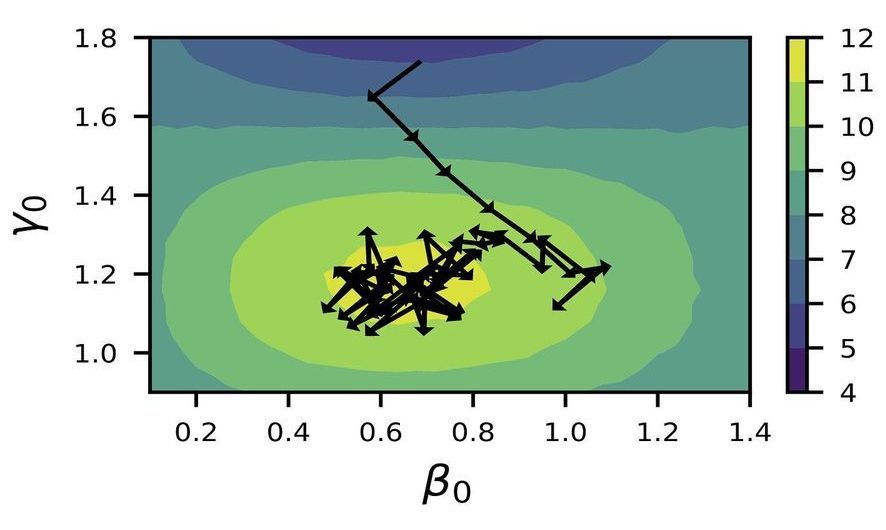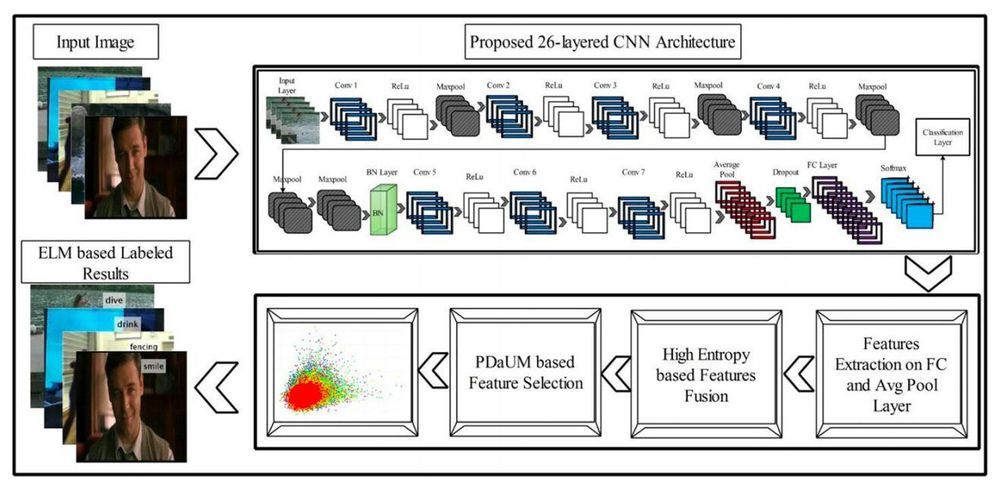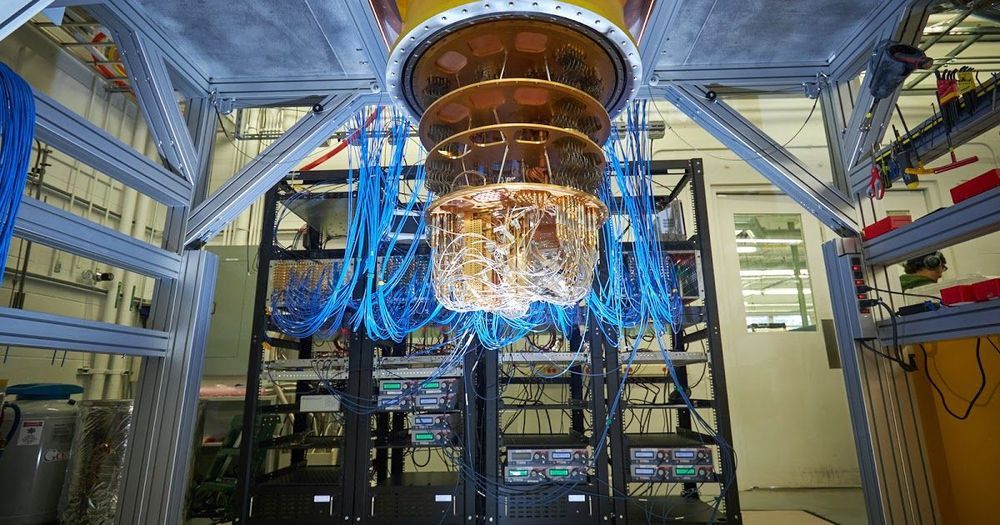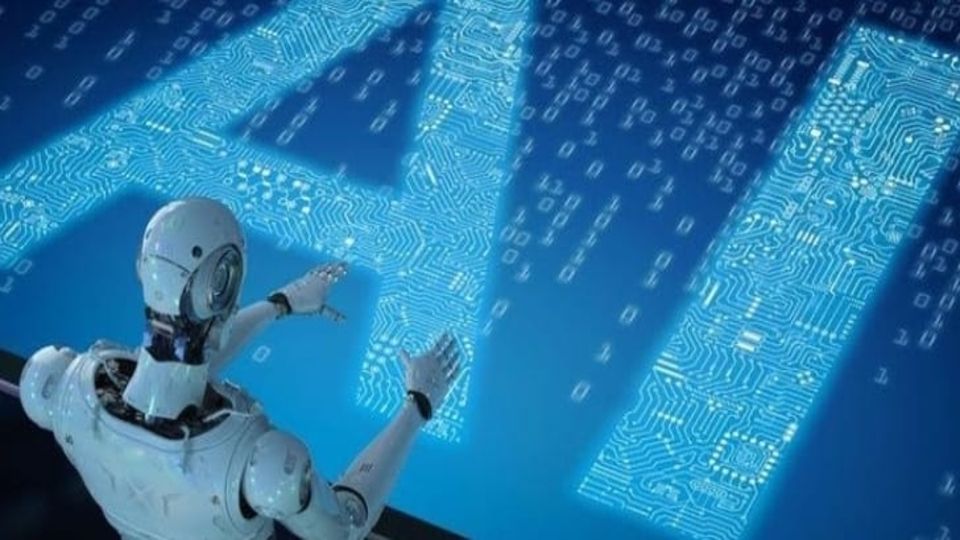Recent advancements in quantum computing have driven the scientific community’s quest to solve a certain class of complex problems for which quantum computers would be better suited than traditional supercomputers. To improve the efficiency with which quantum computers can solve these problems, scientists are investigating the use of artificial intelligence approaches.
In a new study, scientists at the U.S. Department of Energy’s (DOE) Argonne National Laboratory have developed a new algorithm based on reinforcement learning to find the optimal parameters for the Quantum Approximate Optimization Algorithm (QAOA), which allows a quantum computer to solve certain combinatorial problems such as those that arise in materials design, chemistry and wireless communications.
“Combinatorial optimization problems are those for which the solution space gets exponentially larger as you expand the number of decision variables,” said Argonne computer scientist Prasanna Balaprakash. “In one traditional example, you can find the shortest route for a salesman who needs to visit a few cities once by enumerating all possible routes, but given a couple thousand cities, the number of possible routes far exceeds the number of stars in the universe; even the fastest supercomputers cannot find the shortest route in a reasonable time.”








